

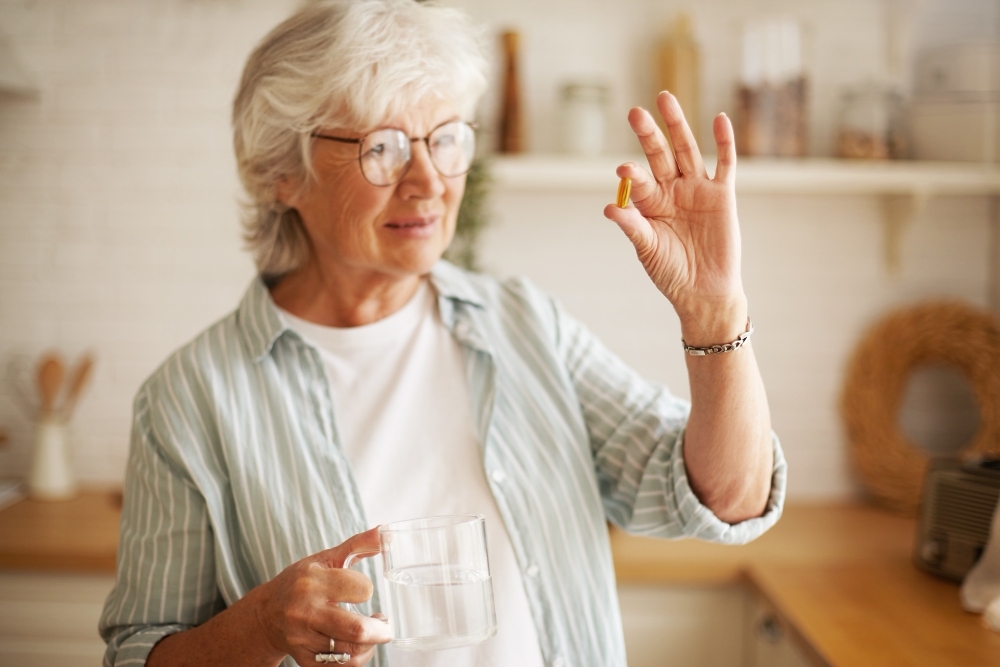
Researchers in Brazil and the UK analyzed data for more than 3,000 people aged 50 or more to prove the importance of vitamin D to muscles.
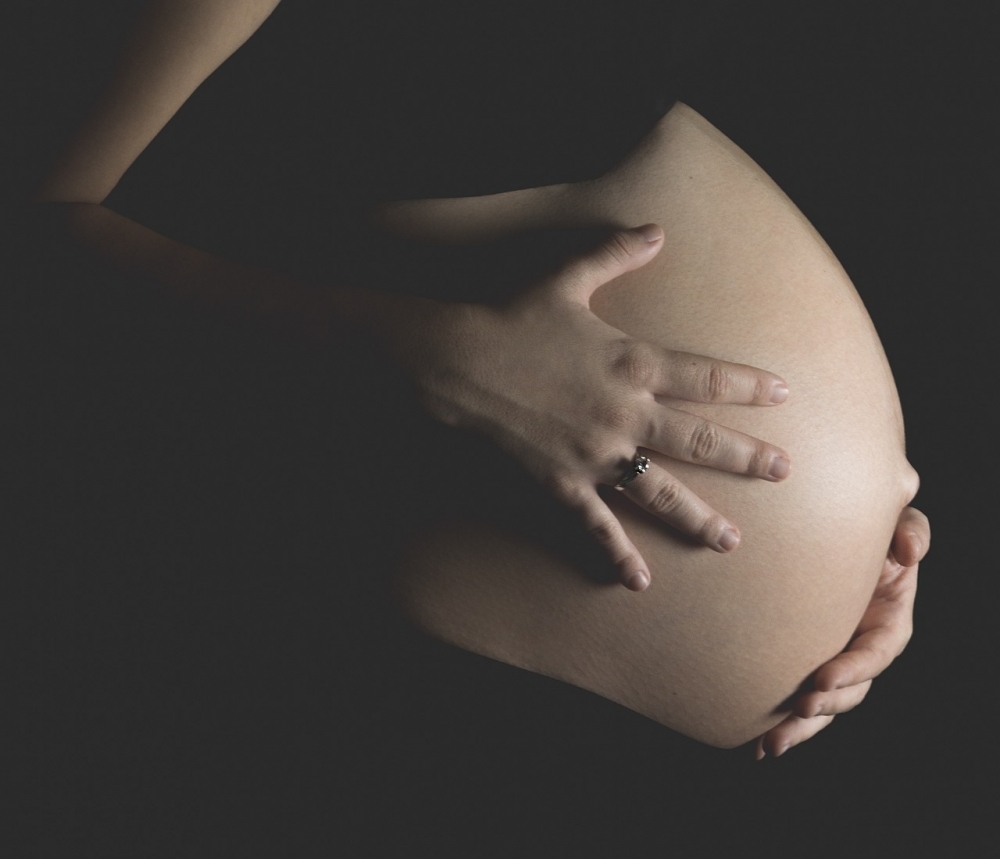
Brazilian researchers advocate trials using mini-brains grown in the lab to investigate the impact of these drugs on fetal neurodevelopment.
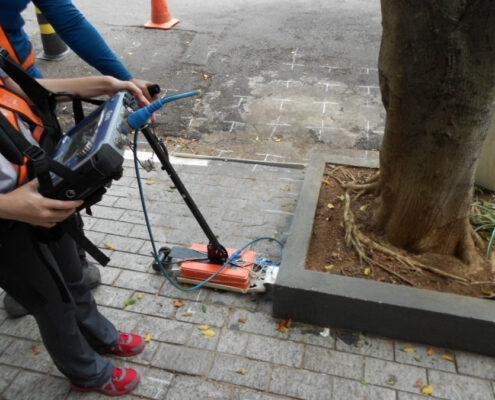
The firm is supported by FAPESP and has developed a solution that uses high-resolution images to obtain information on root systems without drilling or digging.

Brazilian researchers infected fat cells from subcutaneous and visceral tissue with SARS-CoV-2. Fat cells from organs in the abdominal cavity had a higher viral load and produced more pro-inflammatory molecules after contact with the virus.
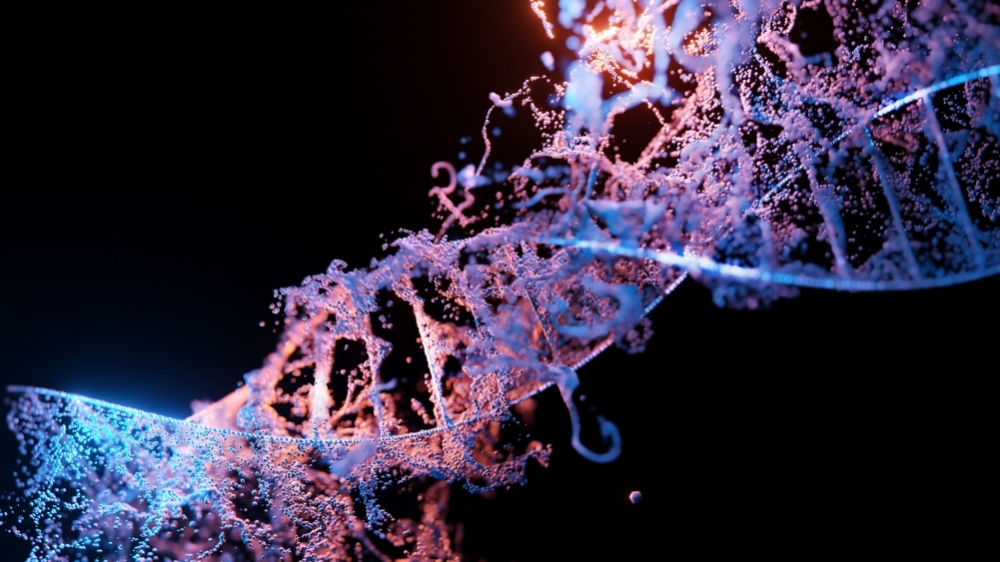
The second day of the Genome Workshop 20+2 featured speakers who participated in the Human Cancer Genome Project and paid tribute to former FAPESP President Ricardo Brentani.
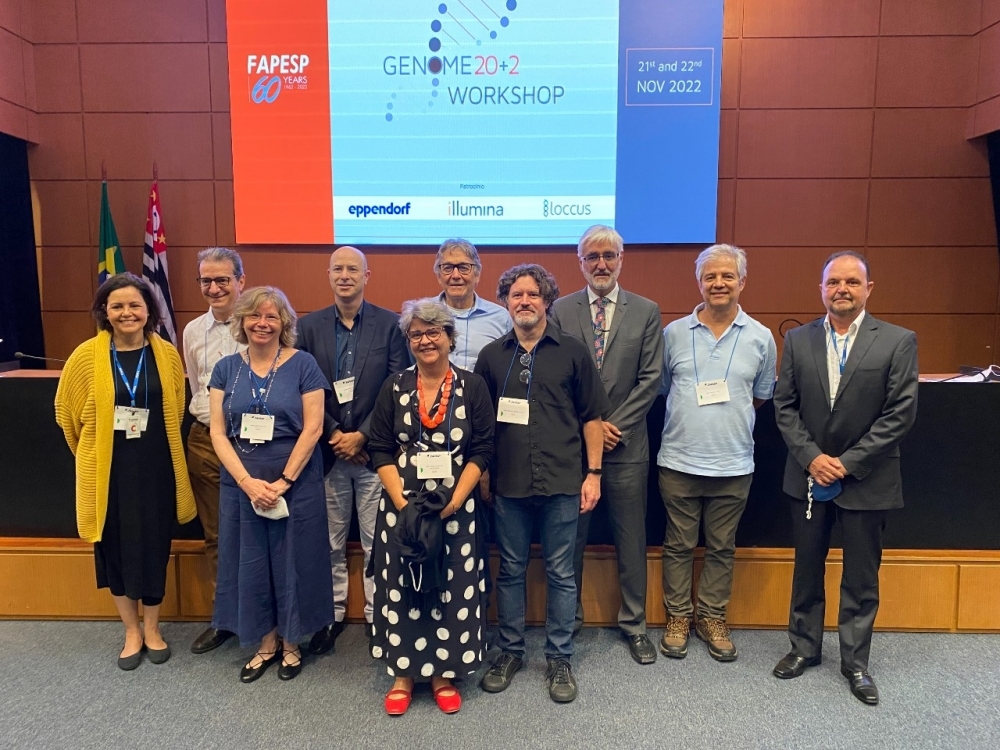
Researchers who participated in the groundbreaking initiative met at the Genome Workshop 20+2 to celebrate past achievements, analyze the current situation and assess future opportunities in the genomics of pathogens, cancer and agri-environmental management.
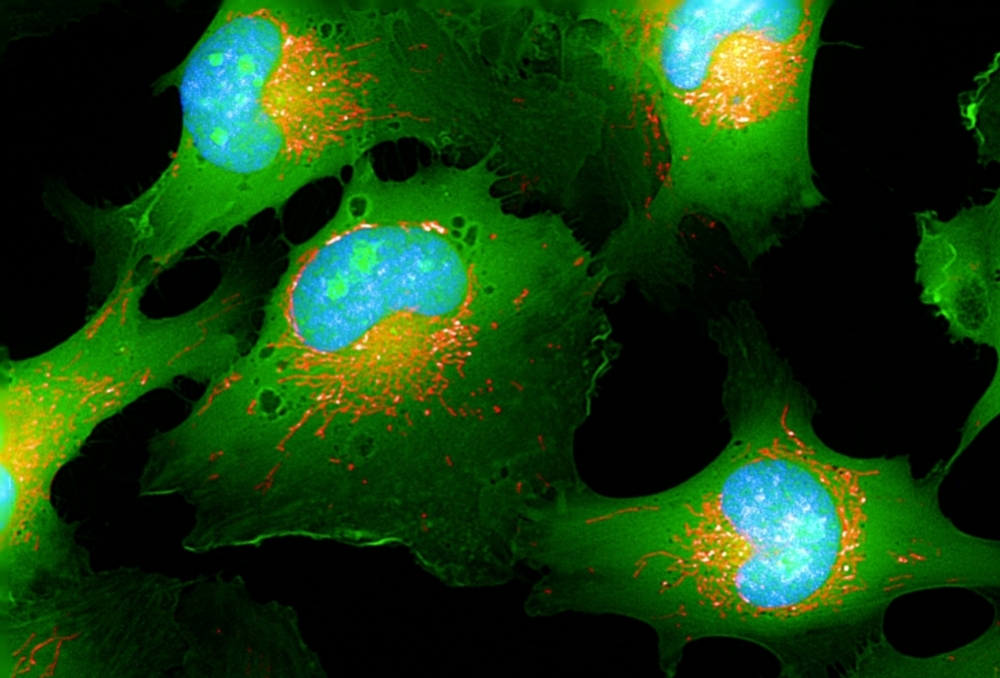
An article on the study is published in Biomedicines. The findings offer an avenue for the development of novel therapies for Chagas megaesophagus.

On a visit to Brazil, the scientific director for LICR and one of the most cited researchers in the field of oncology spoke about advances in cancer treatment and the development of tools that in his view enable physicians to detect tumors very early on.

Two articles published in the journal Science by an international group of researchers that includes Brazilians present an up-to-date review of existing knowledge of the island’s rich biodiversity and how it is protected. Maintaining harmony between the species found on this tropical island off the coast of Africa and its human population is a daunting challenge.
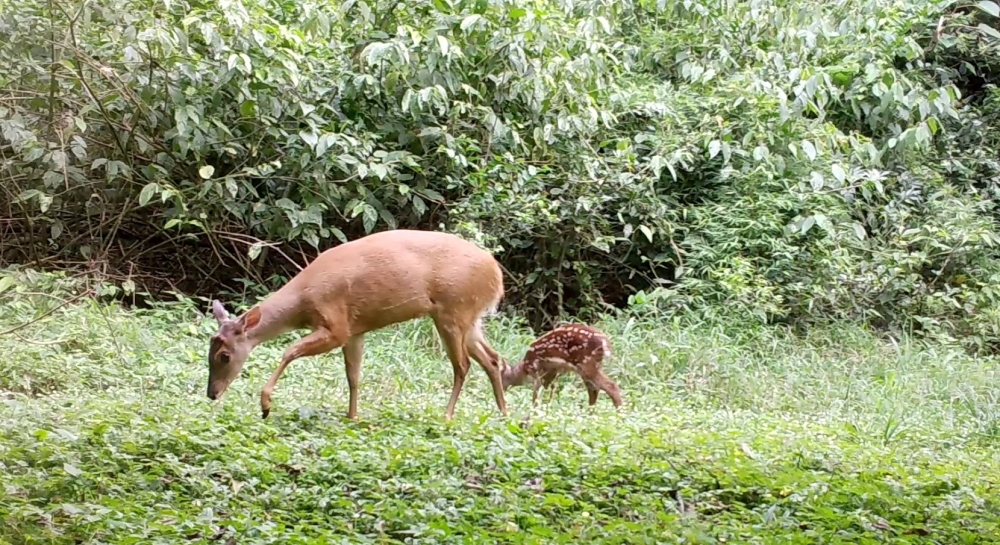
According to a mapping exercise by a group of Brazilian researchers, 56.8% of the areas that should be priorities for conservation are not legally protected. They identified 21 large forests that could be converted into new conservation units.

A study conducted at a FAPESP-supported research center shows that light interacting with free electrons in a metal can traverse nanometric structures far smaller than its wavelength.
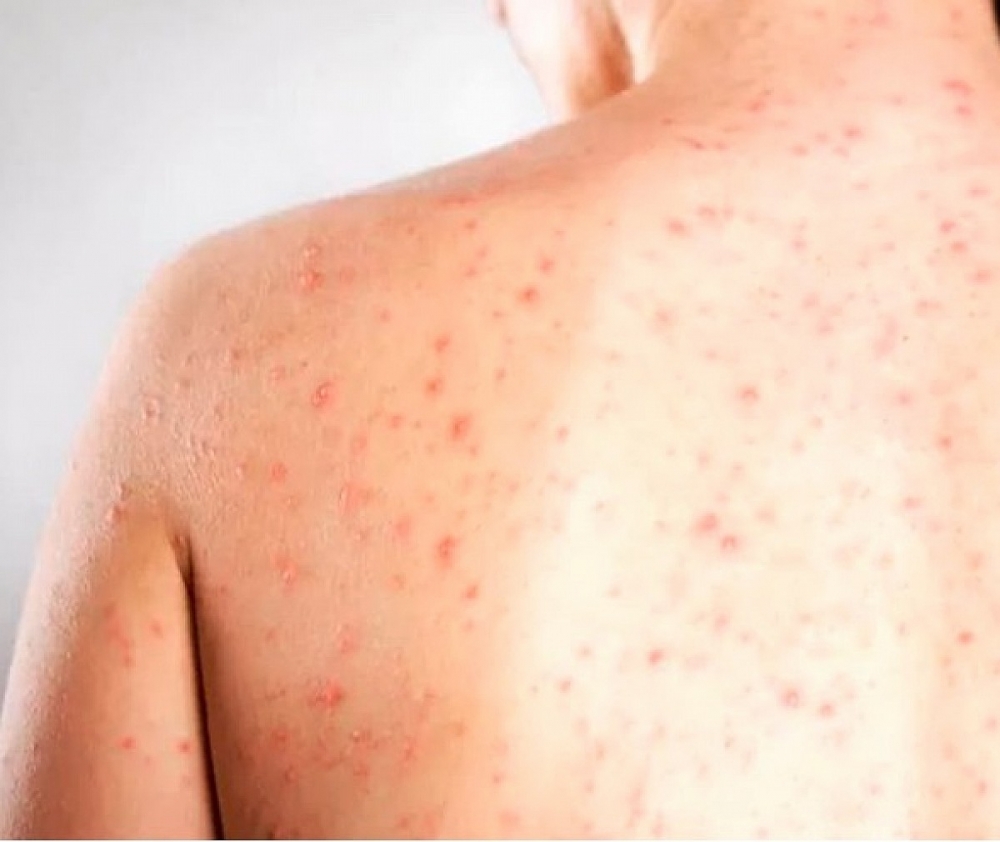
A total of 252 children living in a city in northwestern São Paulo took part in the study, in which blood samples from hospitalized children were analyzed. The percentage with measles antibodies was less than the 94% target considered ideal to prevent outbreaks.
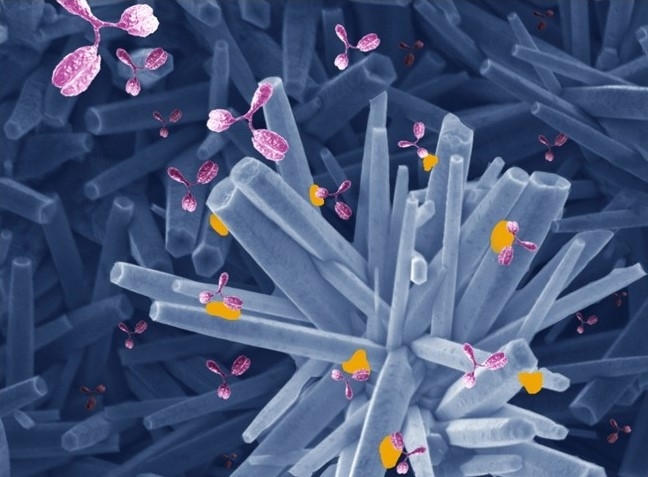
Brazilian scientists have developed a biosensor using zinc oxide combined for the first time with an electron-conducting glass substrate and the SARS-CoV-2 spike protein. The results outperformed ELISA, the current gold standard for diagnosing infectious diseases.

The worst-ever outbreak of fungal disease caused by the same strain of Candida parapsilosis in severe COVID-19 patients was reported in a hospital in Salvador. Novel drug-resistant strains of Candida will emerge in Brazil, the authors predict.

Researchers and stakeholders in Brazil and the United Kingdom investigated the effects of proximity to the sea on physical and mental health.

The importance of organizing and assuring access to the government’s healthcare data via the SUS was highlighted in a presentation by Ester Sabino, a professor at the University of São Paulo, to a webinar hosted by the São Paulo State Academy of Sciences. Data integration and access would benefit researchers and the Health Ministry, and help to direct investment in the sector.

A study reported in Nature analyzed floods and droughts that affected the same place twice, finding that the second occurrence caused more damage, generally speaking. The authors included scientists affiliated with the University of São Paulo.
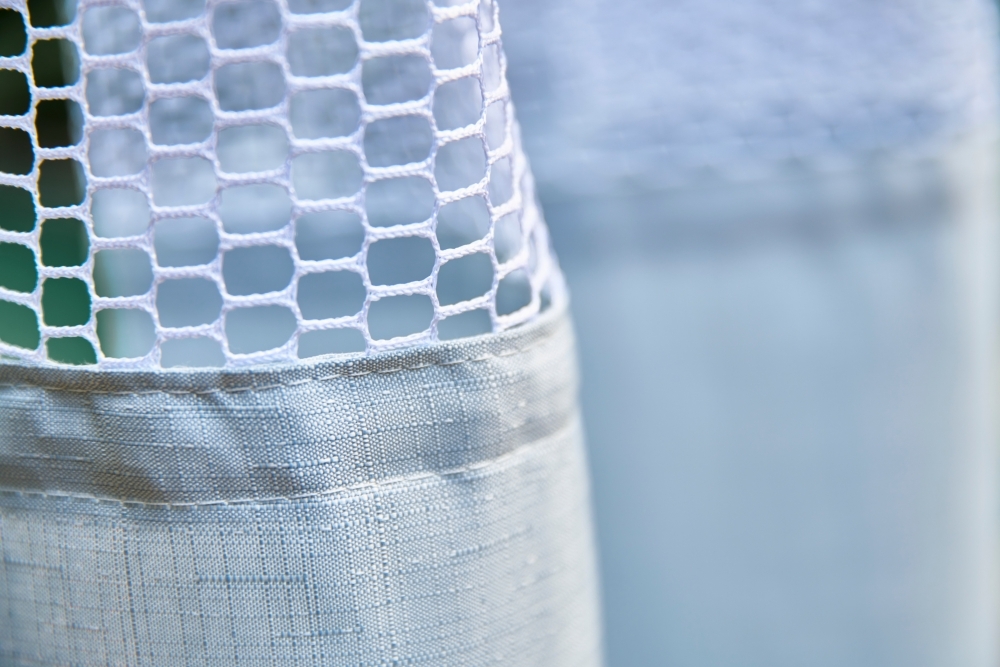
A firm supported by FAPESP is developing self-cleaning products with flame-retardant, anti-microbial and anti-fungal properties that afford protection against ultraviolet radiation.
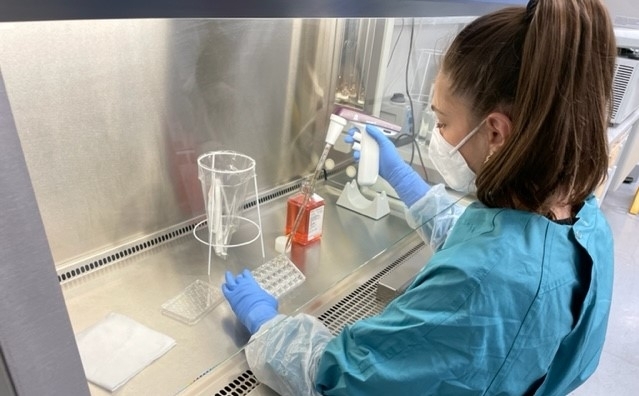
A study conducted at the University of São Paulo shows that flaws in the metabolization of ATP, one of the main sources of cellular energy, can lead to dysregulation of the immune system and a dangerously exacerbated inflammatory response to infection by the novel coronavirus.

Researchers at São Paulo State University tested machine learning techniques to estimate parameters such as step length, width and velocity. The method makes clinical diagnosis more precise and can determine the stage reached in progression of the disease.
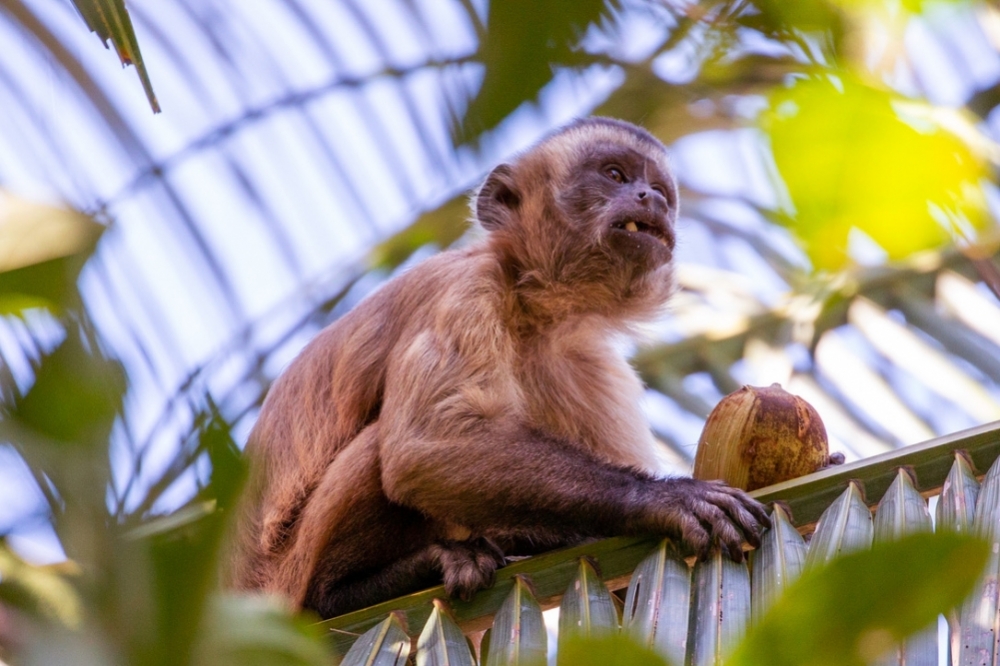
Researchers documented the size and weight of the stones used as tools by three populations of these primates living in Central Brazil, as well as the hardness of the nuts and seeds the tools were used on. Even when more suitable tools were available, some animals preferred the heaviest stones, possibly as a result of cultural learning.

The analysis encompassed studies published between 2009 and 2022, highlighting the importance of experiment design.

Researchers at the Federal University of São Paulo set out to discover why proteins that should be found in cell nuclei ended up in cytoplasm or elsewhere in certain situations. This unexpected phenomenon may indicate a relevant pattern for diagnostic and treatment purposes.
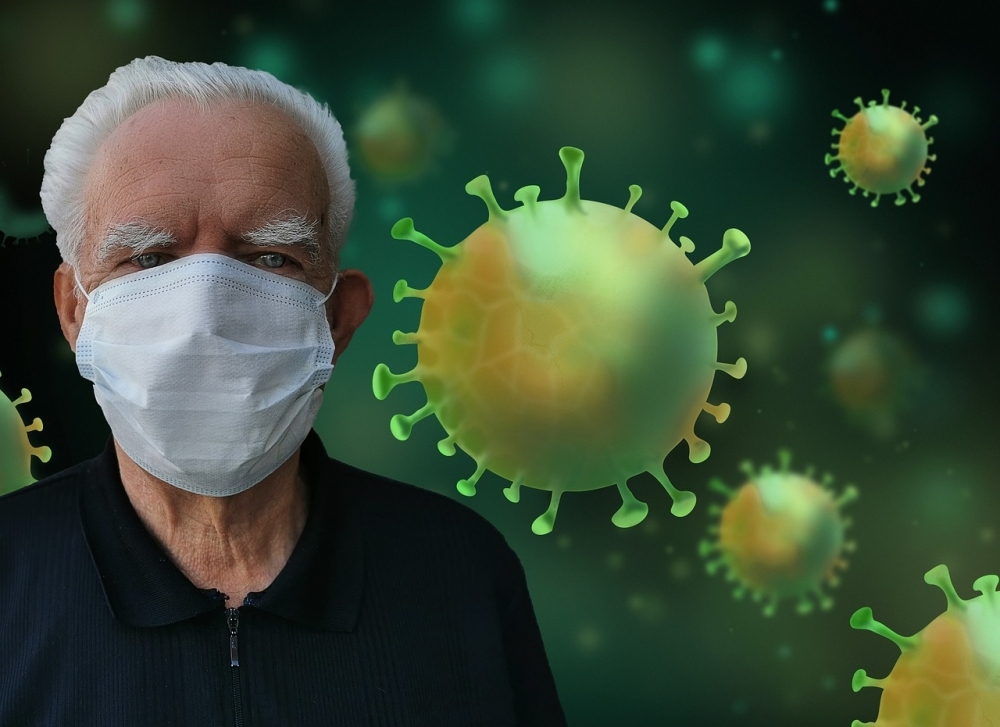
A team at a FAPESP-supported research center investigated over-90s who were resilient to SARS-CoV-2 and identical twins who had severe COVID-19 with different outcomes, including long COVID. The findings are expected to contribute to the development of vaccines and treatments for this and other viral diseases.
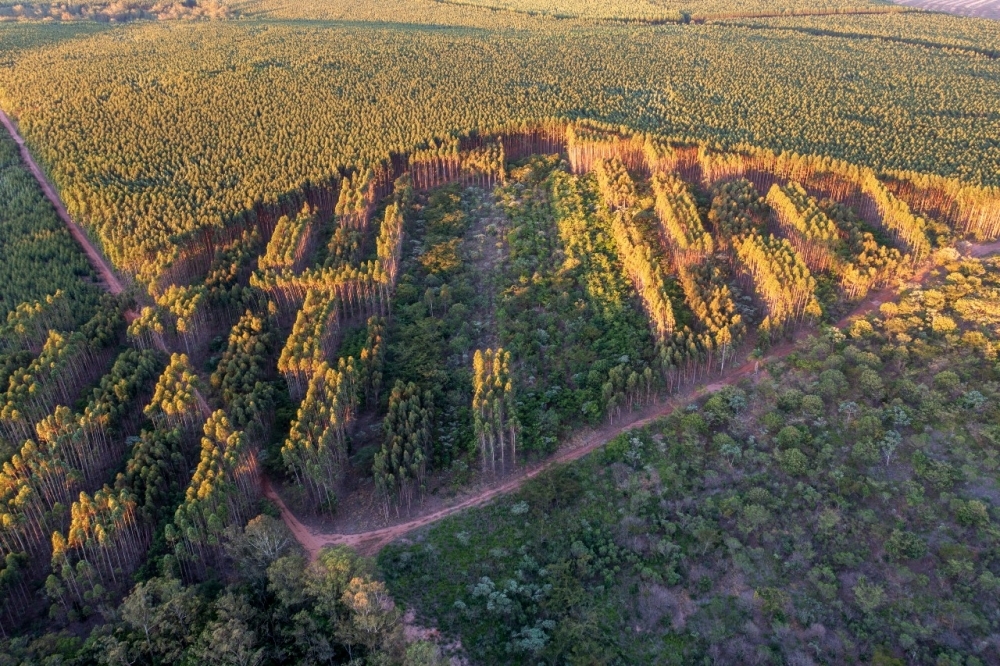
To confirm this hypothesis, researchers in Brazil and France are conducting an experiment to find out how tree diversity influences carbon uptake and drought tolerance. The project was discussed by participants in an event held at IPT, the São Paulo State Technological Research Institute.